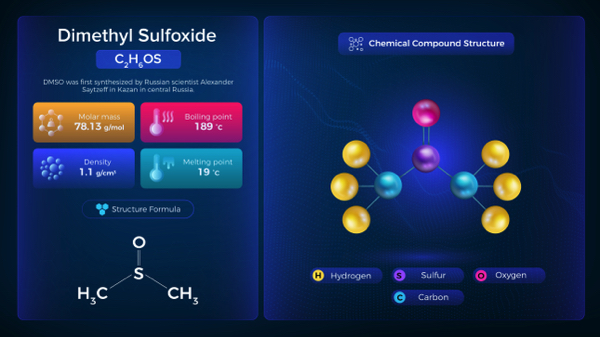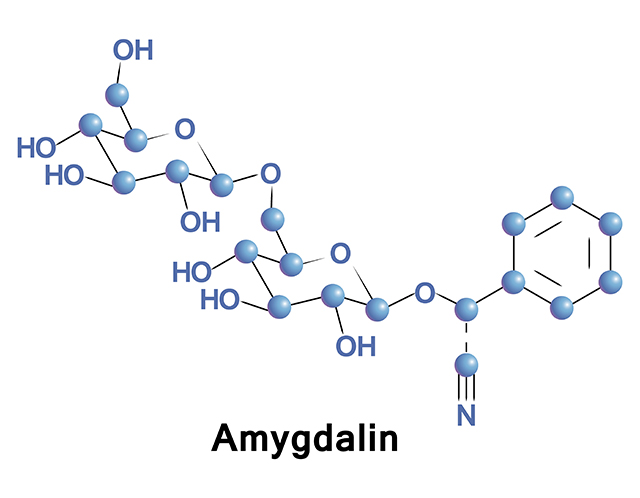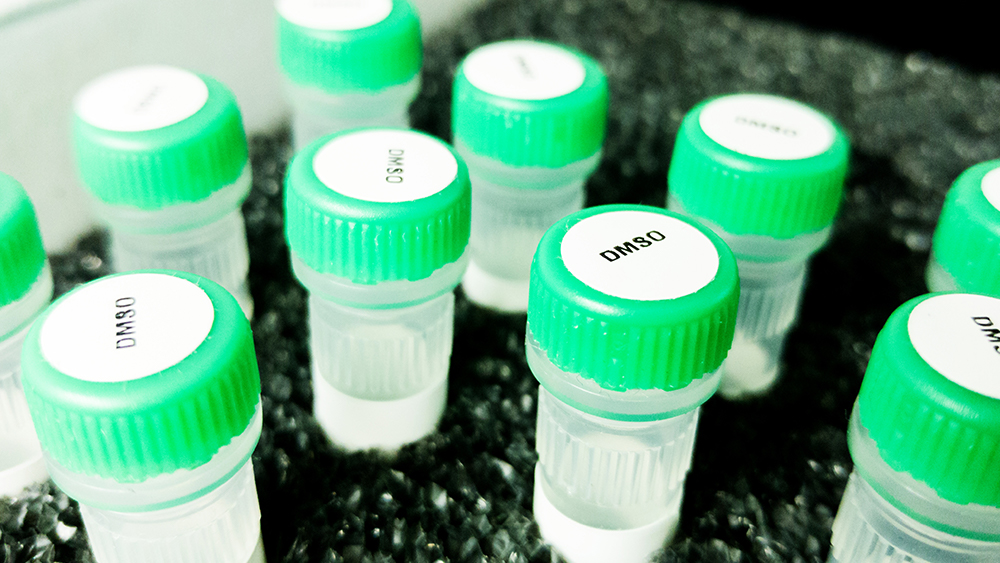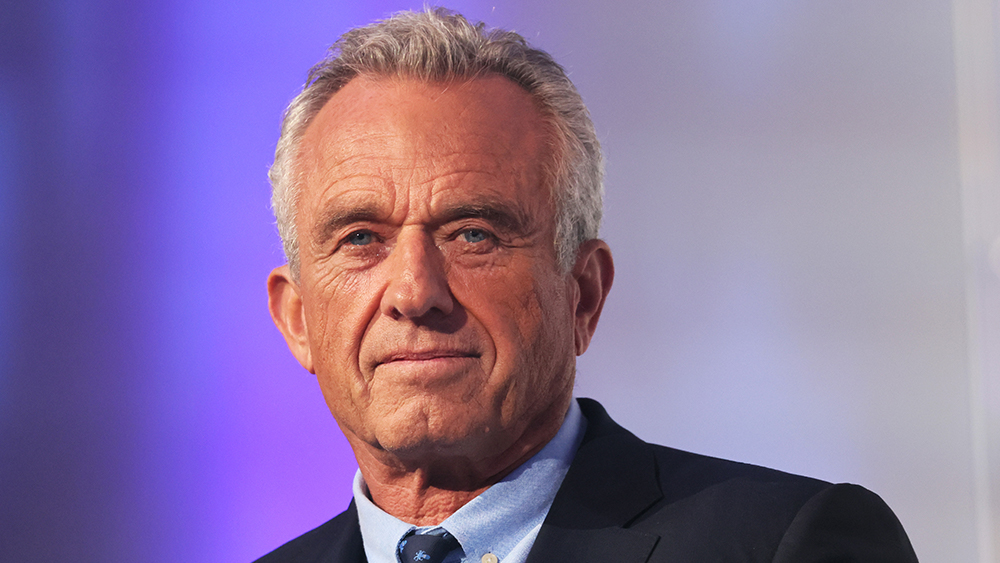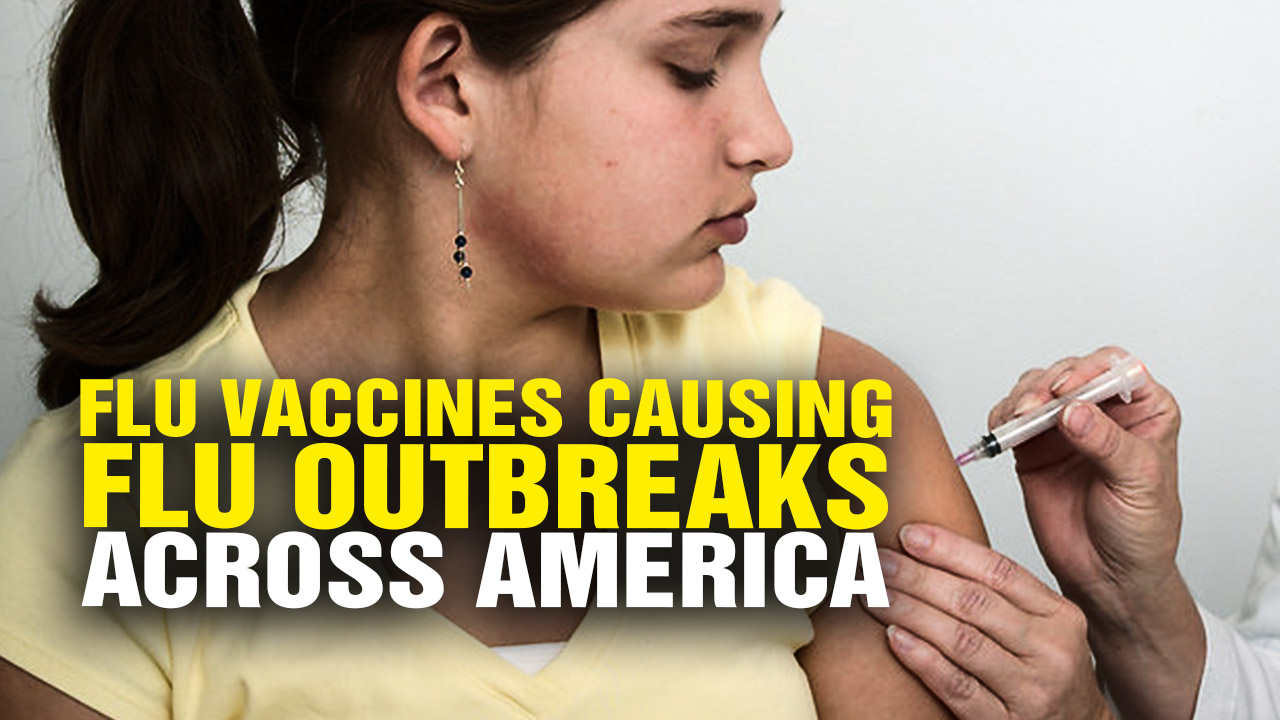The unspoken truth about chemotherapy: These “treatments” create toxic time bombs in your body called CELL-KILLING PARTICLES
04/27/2025 / By Lance D Johnson
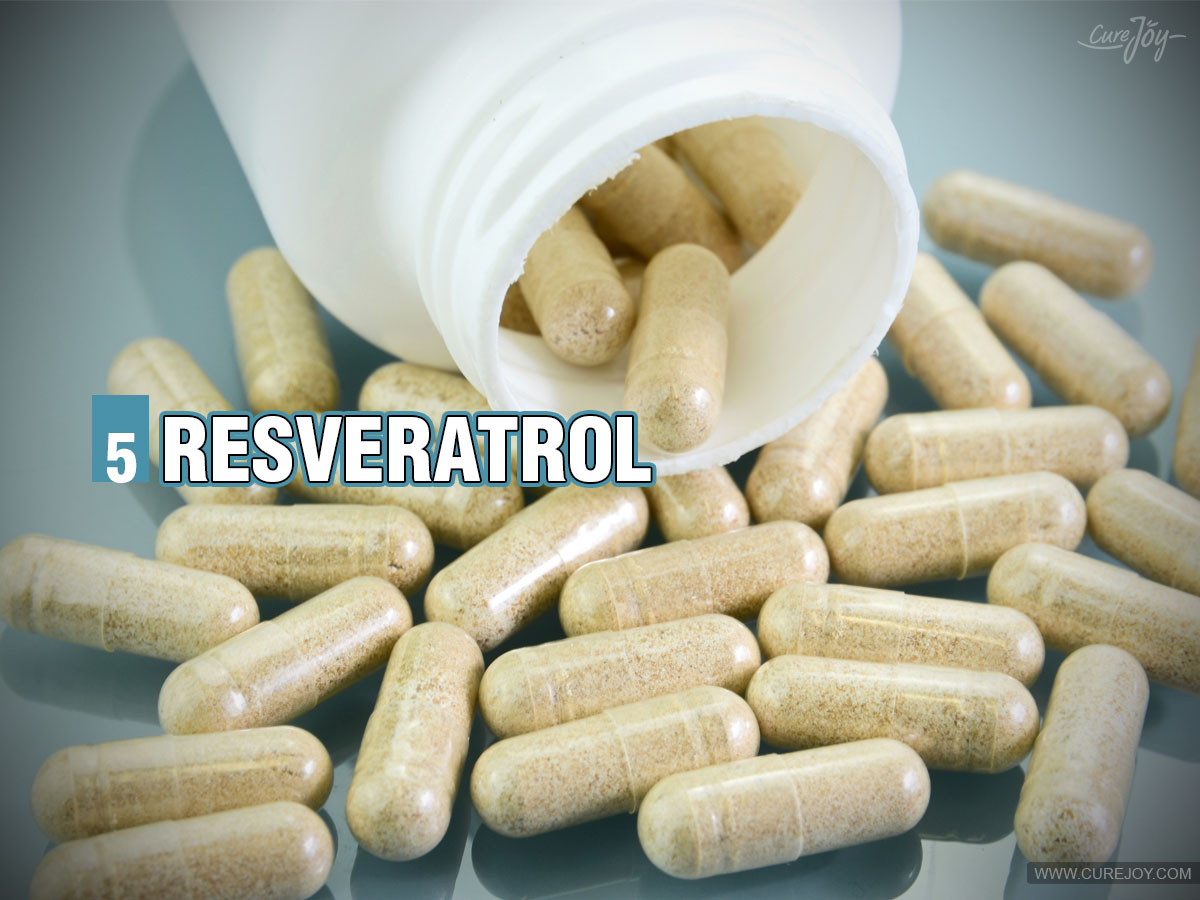
- Chemotherapy triggers the release of cell-killing particles (cfChPs) that damage healthy cells years after treatment ends, leading to heart failure, neurodegenerative diseases, and cancer relapse.
- New research exposes these particles as major culprits behind “chemo brain,” organ failure, and secondary cancers—side effects that kill 25% of patients and remain “unexplained” by doctors.
- Natural compounds like resveratrol and copper neutralize toxic cfChPs, but major cancer centers ignore this science to protect billion-dollar chemotherapy profits.
The toxic paycheck behind “Miracle” cancer care
When Jane Doe, a 58-year-old breast cancer patient, signed on for chemotherapy, she trusted her oncologist’s promise of battling tumors “without long-term harm.” Four years later, McGoodwill Hospital’s chemotherapy survivor now has stage 3 cardiomyopathy, accelerating cognitive decline, and a new diagnosis of treatment-induced leukemia. This tragic journey mirrors the experiences of millions: chemotherapy isn’t simply “killing cancer cells.” It’s unleashing a biological time bomb hidden within patients’ own bloodstream.
A groundbreaking study in BJC Reports reveals that chemotherapy’s real danger lies in its secondary effects. Instead of simply targeting tumors, chemo drugs trigger the release of cell-free chromatin particles (cfChPs) from dying cells—both cancerous and healthy. These fragments of DNA and histones surge into the circulatory system, penetrate distant organs, and trigger inflammation, DNA fragmentation, and cell death. The longer you survive chemo, the higher your risk of delayed organ failure—because your body is still cleaning up the toxic cfChP debris.
The hidden pathways of destruction — How chemo’s true casualties are your healthy cells
Traditional oncology framed chemo’s side effects as collateral damage from drugs “killing rapidly dividing cells.” The cfChP revelation shatters this myth.
In lab studies, dying cancer cells drenched in chemo shed cfChPs like shrapnel, which haunt patients’ bodies long after treatment ends:
- DNA fragment invaders: cfChPs slip into healthy cells via actin filaments, splintering their DNA and triggering self-destruct cascades without direct drug exposure.
- Inflammation thermal gratuitement: cfChPs bind to immune receptors like TLR9, igniting chronic inflammation. This explains why chemo survivors have double the risk of heart disease and neurodegenerative conditions like Parkinson’s.
- Cancer recurrence loophole: cfChPs rewrite genes in remaining tumor cells, fueling genetic chaos and treatment-resistant cancers—essentially, chemo unleashes the very enemies it seeks to destroy.
This mechanism explains why 6.8% of chemo patients develop secondary leukemias from radiation particles, or why nearly 75% suffer “chemo brain” months after finishing treatment. Yet, the FDA’s guidelines remain unchanged, and oncologists routinely dismiss these outcomes as “unavoidable collateral damage.”
Nature’s antidote — Why resveratrol and copper are ignored by Big Pharma
The same team behind this cfChP discovery is already testing resveratrol + copper (R-Cu),** a nutrient combo that dismantles cfChPs safely.** Studies show:
- R-Cu triggers oxygen radicals that “unzip” cfChPs, rendering their DNA harmless.
- In trials, R-Cu cut chemo-induced intestinal inflammation by 60%,
- It also slashed damage to heart mitochondria, and reduced chemotherapy-mandated hospitalizations due to toxicity by 40%.
These findings are non-negotiable—and yet patients face impossible roadblocks accessing them.
Why the Silence?
The 150 billion global chemotherapy industry thrives by silencing the truth. BigPharma’s stock is high, so what’s 3 million in resveratrol supplements compared to $1 billion in taxol sales? Dr. Zhao, the study’s lead author, notes: “Pharma giants control ‘evidence’ standards by demanding randomized clinical trials. But they refuse to fund research that undermines their profit streams.”
In 2022, Merck produced a “precision oncology” report downplaying the cfChP mechanism as “hypotheses needing more studies”—the same tactic the tobacco industry used to dismiss lung cancer links.
A system in denial — When science is a business, patients pay the price
Oncologists are prescribers, not profit drivers, but their careers depend on compliance. “Call it inertia, call it greed—the system ignores solutions that threaten the status quo,” says author and cancer patient advocate Linda Chen. “They’d rather pay $5,000/month for taxpayer-funded chemo than admit broccoli sprouts could alleviate half their patients’ organ damage.”
This parallels the 1950s tobacco cover-ups, where industry-funded “research” discredited peer-reviewed links between smoking and cancer. Today, the FDA still demands genes therapies undergo a decade-long approval process while green-lighting $60k/year drugs without Phase III data.
Ignore your oncologist’s dismissals and take these active steps:
- Neutraceutical pre-onco care: Two weeks before chemo, start a regime of resveratrol (200mg), quercetin (500mg), and NAC (600mg) daily. Studies show this triples glutathione levels–your body’s cfChP cleansing system.**
- Mouthwash preventive: Mix chlorhexidine (antibacterial) and a pinch of spirulina before and after treatments to preemptively neutralize cell debris in your oral microbiome (a major cfChP depot post-chemo).
- Demand post-treatment scans: Insist on cardiac MRI and genomic panels to spot cfChP-driven mutations early.
Chemotherapy’s cfChP time bombs are ticking louder with each clinical trial. For 37 years, the Charlotte Gerson Institute has documented hundreds who reversed cancer through detox and plant-based diets. Now science confirms their methods were right—and mainstream medicine is too invested in profit to admit it.
This isn’t just about supplements. It’s about your right to thrive past diagnosis. The pharmaceutical empire profits when you don’t ask questions. But every dollar spent on natural defenses weakens their grip. Will you be a casualty of the system’s silence? Or a pioneer in reclaiming health?
Sources include:
Submit a correction >>
Tagged Under:
alternative cancer therapy, biological fraud, cell-free chromatin particles, cfChPs, chemo side effects, copper medicinal benefits, DNA damage chemo, drug industry secrets, FDA hidden risks, health autonomy, health freedom, healthcare corruption, medical transparency, natural chemo protectants, oncology fraud, resveratrol cancer research
This article may contain statements that reflect the opinion of the author




